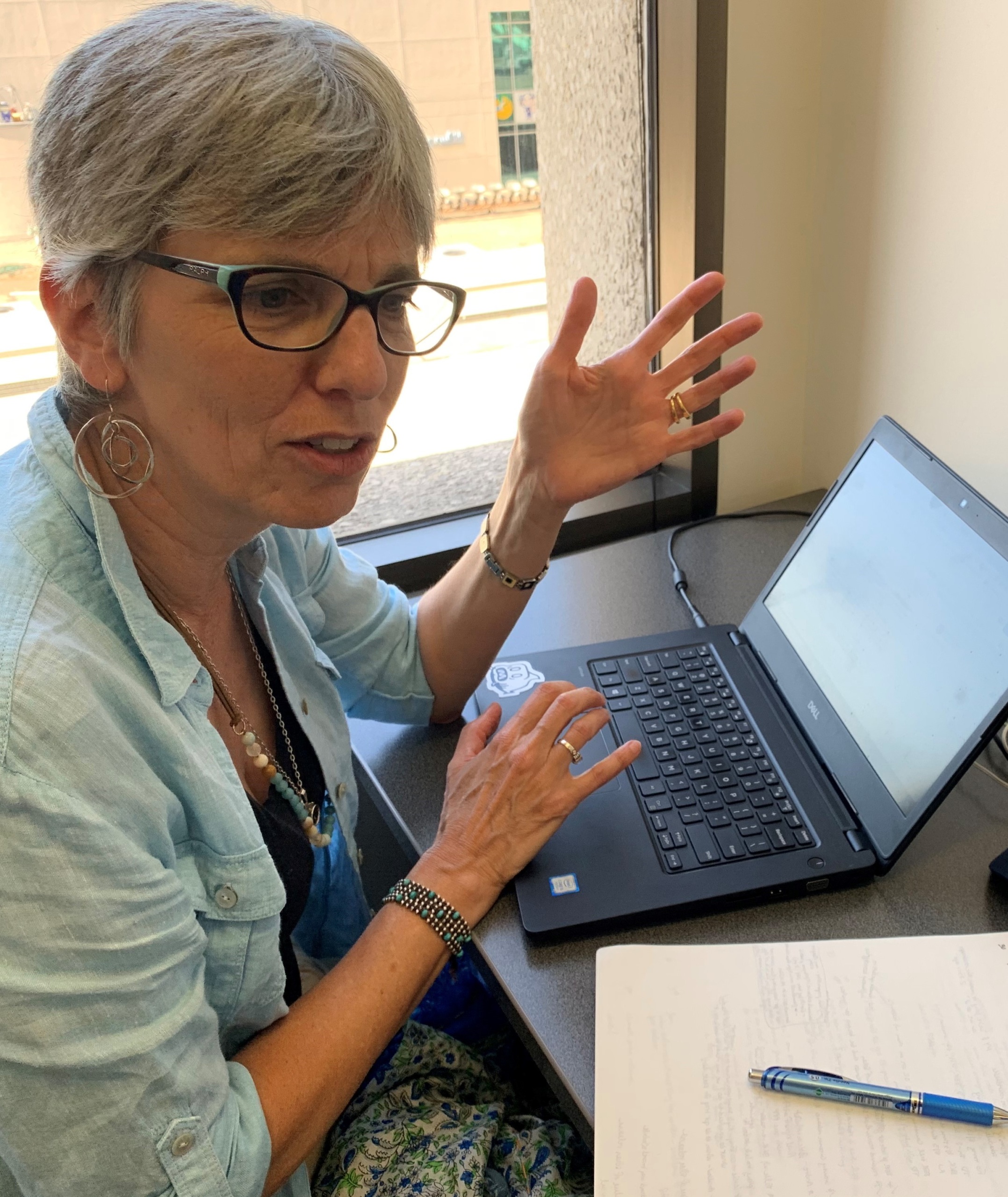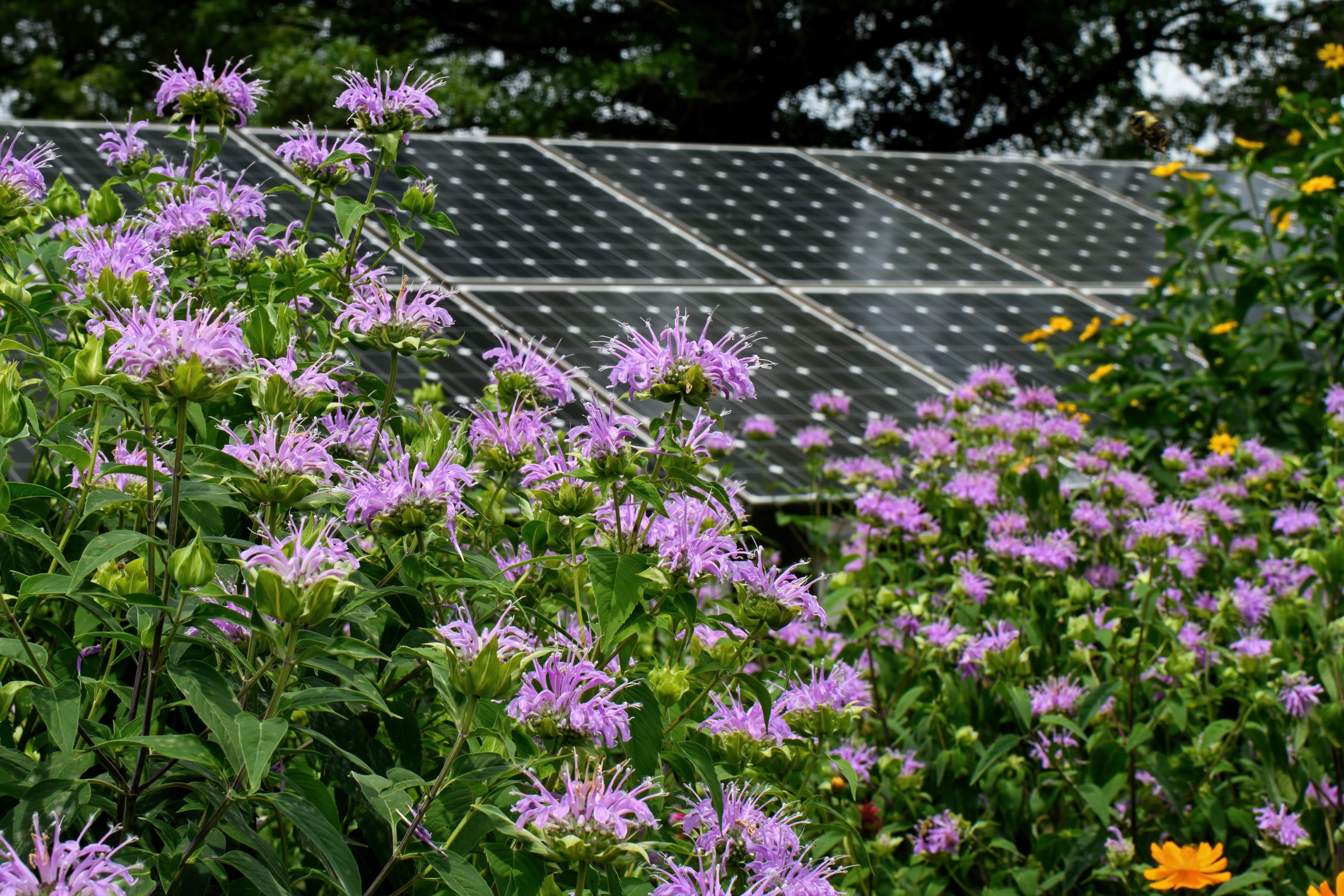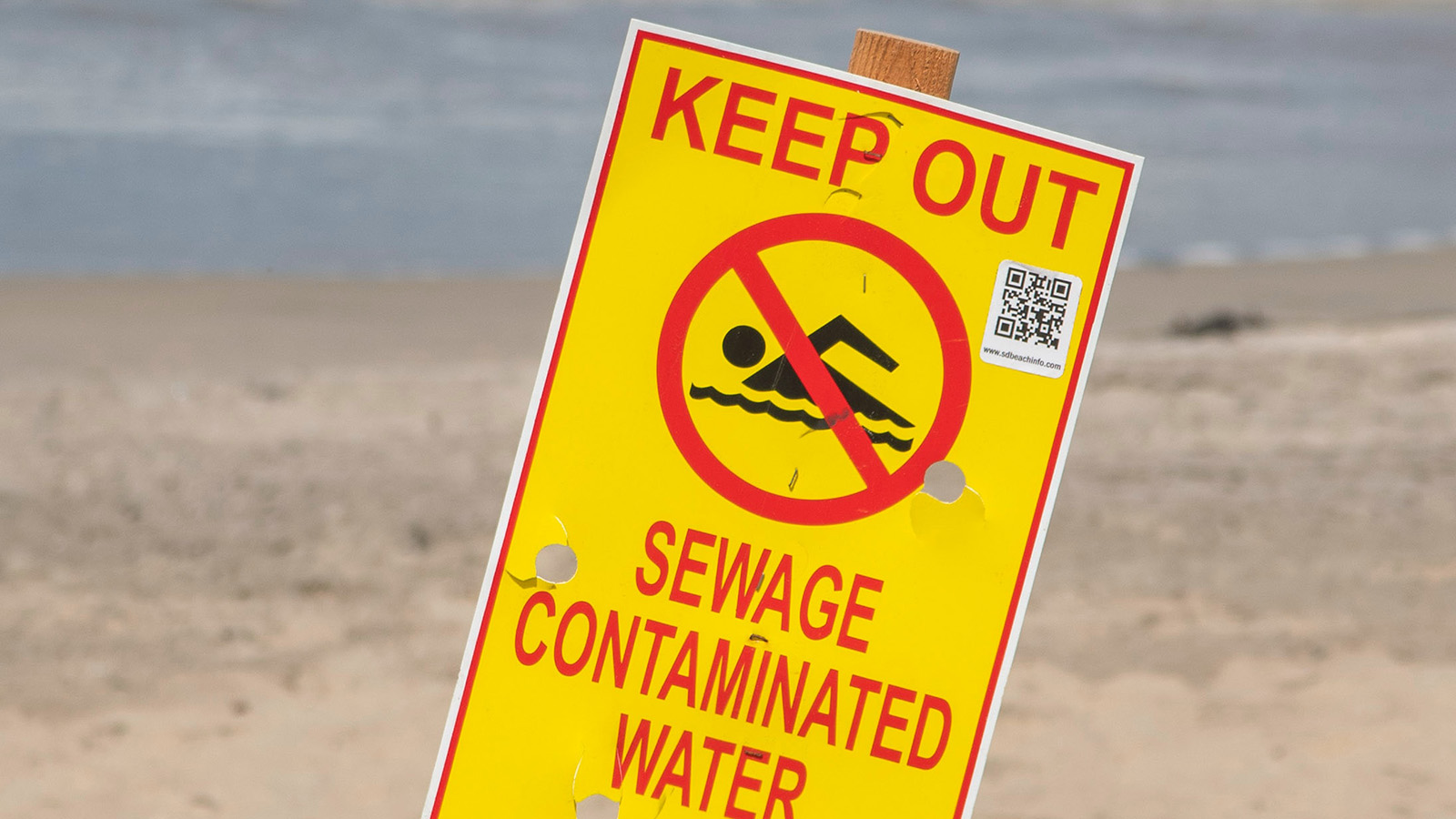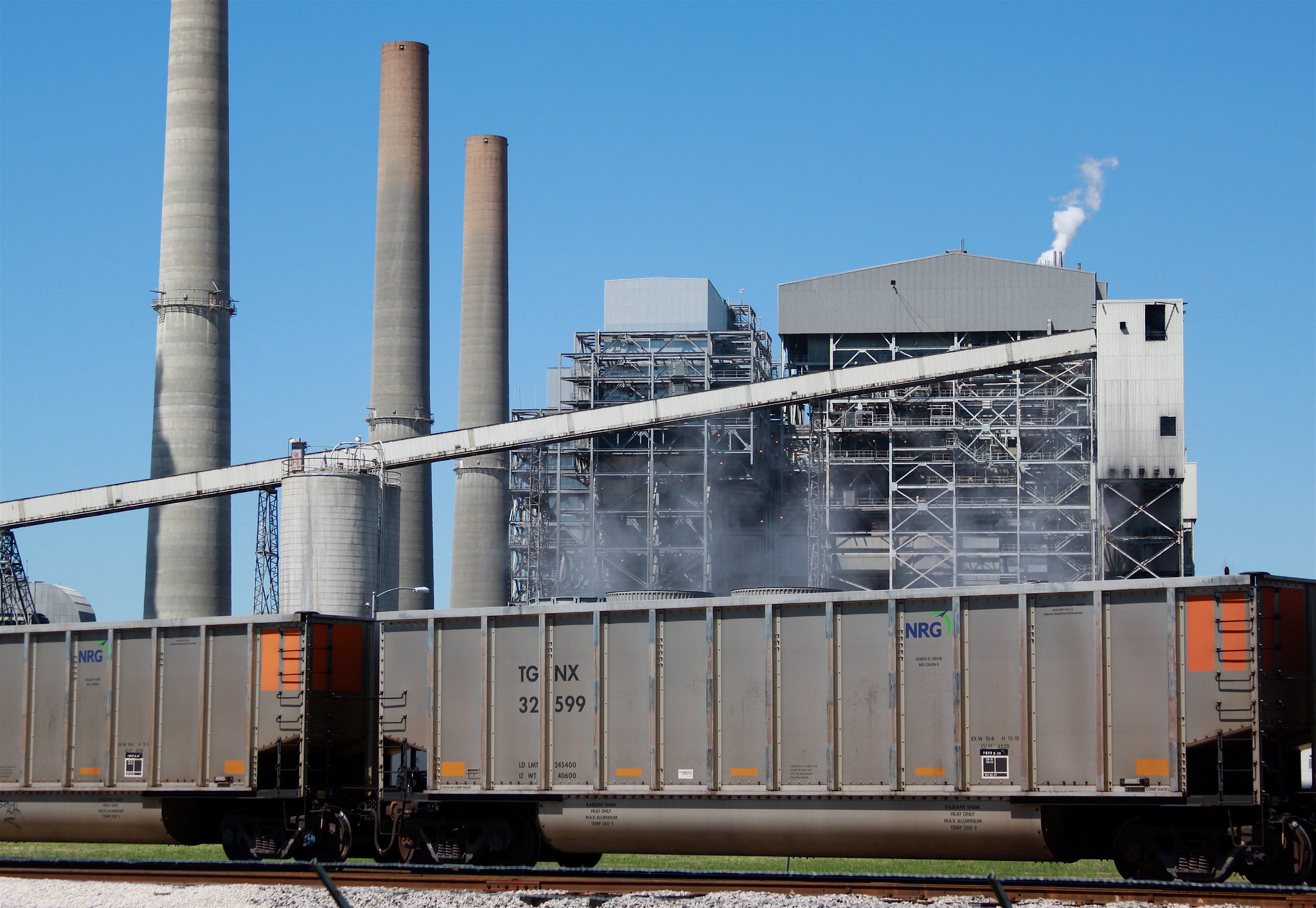
November newsletter: Protecting the land, air and water
Why cities should electrify their fleets, how green infrastructure can keep our water clean, and what’s missing in the “permitting reform” debate

Arizona municipalities should electrify vehicle fleets
Ten of the largest cities and towns in Arizona could save nearly $80 million by switching to electric vehicles in their fleets, while also cutting air pollution. Electric Fleets for Arizona, our report with Arizona PIRG Education Fund, models the many benefits of switching to EVs – benefits that will only grow as EVs improve and more models become available – using detailed survey data supplied by the cities and towns. The report was covered by the Arizona Capitol Times.
Green infrastructure could help prevent sewage pollution in Pittsburgh
Over 9 billion gallons of untreated sewage and wastewater spills into Pittsburgh’s rivers and creeks in a typical year – a problem that will only get worse as infrastructure ages and climate change makes flooding more likely. Clean Water for the Three Rivers, our report with Environment America Research & Policy Center, argues that federal, state and local funding sources can speed repair of sewer lines and expand green infrastructure, while land use and zoning changes are needed to reduce runoff and flooding. The report was covered by Pittsburgh City Paper, TribLIVE and WESA.
Fossil fuel projects still dominate federal environmental review dockets
“Permitting reform” is a hot topic in the energy world – and is likely to come up soon in Congress. Senior Policy Analyst Tony Dutzik took a hard look at an oft-used talking point claiming that environmental review affects more clean energy projects than dirty ones. His new explainer piece found that fossil fuel projects make up the majority of those currently under NEPA review. In addition, he notes, any discussion about permitting needs to acknowledge the scale and impacts of energy projects, which cannot be measured by a simple count.
The Ohio Valley Pipeline under construction in Wetzel County, WV, in 2016.Photo by Bill Hughes, courtesy of FracTracker Alliance | Used by permission
Other resources and publications
Senior Policy Analyst Tony Dutzik explains how building new fossil fuel infrastructure “locks in” future pollution, and his op-ed in The Hill describes how reducing demand for fossil fuels is a more effective response to high gas prices than ramping up production … Policy Analyst James Horrox takes on the oil and gas industry’s greenwashing about so-called “renewable natural gas,” and documents a growing sector of stores selling items in bulk using refillable containers as one solution to the plastic crisis … Policy Analyst Bryn Huxley-Reicher pushes back against the misconception that transitioning to renewable energy means covering the whole country in solar panels and wind farms.
Topics
Authors
Susan Rakov
Managing Director, Frontier Group; Senior Vice President, The Public Interest Network
Susan directs Frontier Group, the research and policy development center for The Public Interest Network. Frontier Group’s work informs the public discussion about degradations to the environment and public health, threats to consumer rights and democracy, and the available routes to a better future. Susan lives in Santa Barbara, California; she has two children, a husband, and a dog, and is an amateur singer/songwriter.
Find Out More

Looking back at 2023

November Newsletter: Cleaner, quieter lawn care

July Newsletter: Safe for Swimming?

